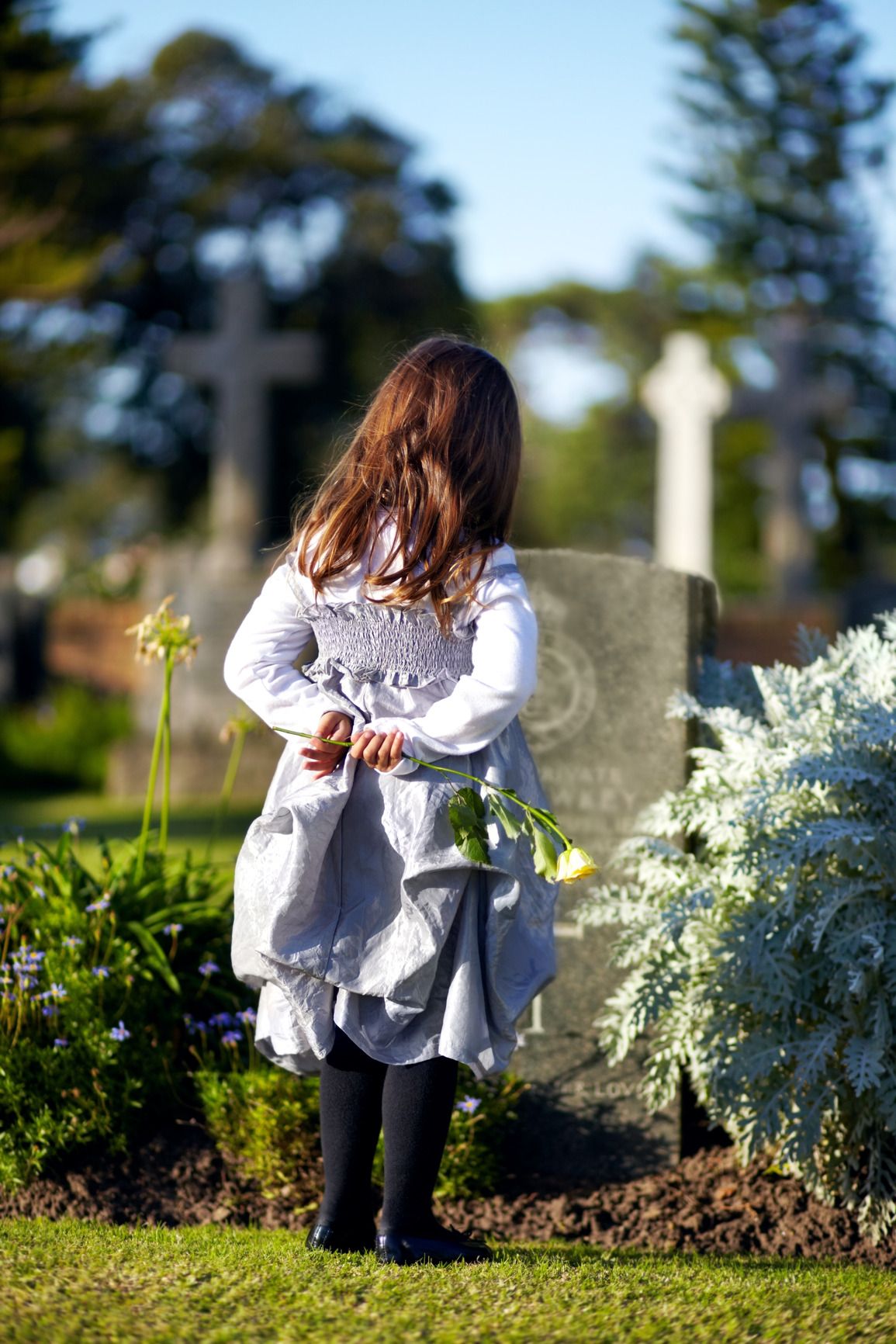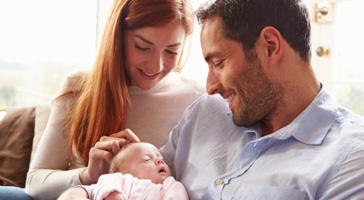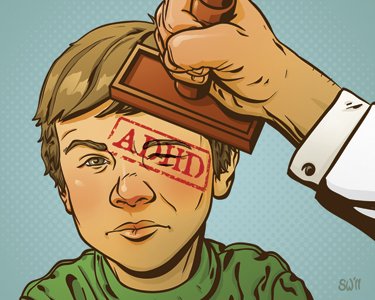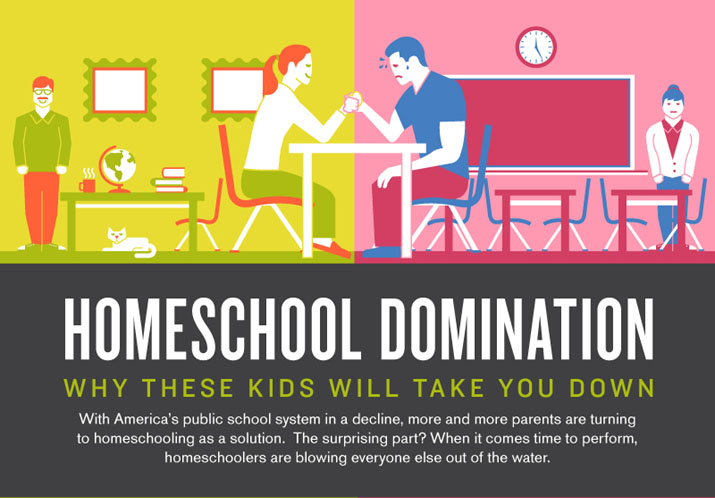Birth position in a family has an effect on how a child develops. Siblings, although having the same mother and father, are different in nature, personality, temperament and outlook on life. It is argued that the development of the child depends on inherited genes, the environment and his state of health. However, it is important to note that children growing up in a family experience a “different family” according to their position. For example, for the first-born the family unit consists of Dad, Mom and him. However, for the youngest of the three, the family unit consists of Dad, Mom, two others and then him.
Alfred Adler, the Australian psychologist, believes that a child’s order of birth, or his birth rank among siblings, affects his personality. Consider this – does not a child’s birth order influence the relationship between him and his parents and between him and the other siblings? Birth rank certainly influences the way a child has to get his parents’ attention and approval, and in many instances the role he is expected to play and it usually paves the way for future relationships with others. However, there is always the exception to the rule, and the fact that spacing between children, and the sex of the siblings, may have an influence on the points noted above.
The only child
Being an only child has advantages and disadvantages. An only child usually feels quite secure, gets on well with adults, and experiences more material benefits than children from larger families. However, only children if not encouraged to socialise, may relate better to adults than to children their own age. They appear to be more self-interested and need the constant approval of others. Parents make them the centre of attention throughout their lives and at times this may be difficult for the child, especially in front of his peers. The only child has similar characteristics of the first-born.
The first-born
First-borns are the family pioneers – they are the first to be experimented on, and usually have a special relationship with their parents. First time parents are inexperienced and usually fuss over their first-borns, wanting to do everything perfectly. Things usually have to be done “according to the book” and opinions from doctors, nurses and other parents are usually sought.
New parents are normally very intense about their child, as they do not have other children to distract them, and spend many precious hours talking to him and teaching him new words and other things. Most first-borns are regularly whipped off to the clinic to see if they compare favourably with others and parents watch eagerly for their every milestone. If they are not crawling by the age “the book” says they should be, parents fear there may be something wrong. New parents unwittingly put a great deal of pressure on first-borns by, for example, insisting that they have impeccable manners and “do the right thing” from an early age. Usually first-borns achieve better than their siblings at school and they normally have better positions in later life. One theory for this is that the parents have been available to give the oldest child more attention, thus giving him a head start over his siblings.
Many parents think their first-borns are gifted and expect much from them. The first-born therefore sets high standards for himself and is rarely satisfied with his achievements. Also, he may fear being overtaken by his brothers and sisters and therefore works harder to be successful. Younger siblings look up to their older brother or sister who is often expected to babysit them and lead or guide them. Thus the first child usually learns to accept responsibility, expects others to listen to him and develops leadership traits. The oldest is usually the “good citizen” who has a high self-esteem, is goal-oriented, conscientious, precise, well-organised, responsible, high-achieving, competitive, anxious and fearful.
Middle children
Oldest and youngest children are usually pleased with their birth position. Middle children often complain that they are the worst off – the oldest is allowed more freedom and the youngest is just plain spoiled and gets away with murder! In his own mind the second-born doesn’t feel that he is special and believes he has to fight for his parents’ attention. Sometimes middle children feel that they are invisible, not special or different and they often have feelings of not belonging. However, this is not the same in all cases and much depends on the age difference between, and the gender of, the children.
Parents are more relaxed with the second child. One notices that there are usually not as many photographs of the second child (and even less of the third) and parental expectations are not as high for subsequent children as they are for the first child. In his book Born to Rebel: Birth Order, Family Dynamics, and Creative Lives, Sulloway states that birth order, in particular the middle-born, “is one of the prime forces behind the scientific and social revolutions that drive history forward”. Middle children are often the entrepreneurs of a family. Karen Klein says that “A middle-born child’s innate skills in diplomacy, plus their flexibility in ideas make them more successful in entrepreneurship”.
Children born in the middle usually do not make a fuss about their needs, avoid conflict, are often natural mediators and appear to “go with the flow”. These children, as a result of not having a special place in the family, reach outside the family for significant relationships and have a close group of friends. They develop good social skills, are fiercely loyal, but may be inclined to be influenced by their peers. Due to his position, the middle child finds it easier to view situations from an interpersonal perspective. They are usually even-tempered, empathetic, have a “take-it or leave it” attitude and are not self-centered.
What is difficult for a middle child is the fact that they may be compared with the older sibling, not only by the parents but also by teachers and relatives. It is vital that parents spend time alone with their middle-born child and make a conscious effort to encourage and praise him. According to research, the typical middle-born prefers non-academic hobbies and often has a more relaxed manner than the first child.
Parents and teachers may make the fatal mistake of audibly comparing the second child with the first. This may cause the middle child to reject tradition.
The third child
Parents are even more relaxed by the time the third child appears and do not even concern themselves with trivialities such as “milestones”. They are more confident and what they may have termed “naughty” in the first child, parents now find hilarious in the third. Many parents appear to have a less intense relationship with the third child, compared with the first, as by this time they have more commitments to fit into the same amount of time they had when the oldest child was born.
The youngest in the family often becomes the centre of attention for a while, as the older siblings fuss over him and are often asked by the parents to do things for the baby. Often parents spoil the child as he is the “baby” of the family. Parents see the youngest as a baby for a long time and, because parents are usually better off financially than they were when the first child was born, the youngest child is usually pampered, which may lead to dependence when the child is older. However, the youngest child is usually charming, entertaining and manipulative. They are usually well-liked, have lots of friends and develop the art of negotiation very early.
 Youngest children appear to be the most self-confident as circumstances dictate that they either become independent or wait their turn. According to Dr. Woolfson, they tend to become more “ … street-wise, an attribute that develops from daily experience of fighting hard to secure their fair share of the family resources. Constant competition with older brothers and sisters hones the youngest child’s ability to survive, and strengthens his ability to cope with the stresses of everyday life”. Many psychologists describe the youngest as affectionate, indulged, dependent, sensitive, relaxed, absent-minded, tenacious, people-oriented, attention-seeking and fun.
Youngest children appear to be the most self-confident as circumstances dictate that they either become independent or wait their turn. According to Dr. Woolfson, they tend to become more “ … street-wise, an attribute that develops from daily experience of fighting hard to secure their fair share of the family resources. Constant competition with older brothers and sisters hones the youngest child’s ability to survive, and strengthens his ability to cope with the stresses of everyday life”. Many psychologists describe the youngest as affectionate, indulged, dependent, sensitive, relaxed, absent-minded, tenacious, people-oriented, attention-seeking and fun.





 Youngest children appear to be the most self-confident as circumstances dictate that they either become independent or wait their turn. According to Dr. Woolfson, they tend to become more “ … street-wise, an attribute that develops from daily experience of fighting hard to secure their fair share of the family resources. Constant competition with older brothers and sisters hones the youngest child’s ability to survive, and strengthens his ability to cope with the stresses of everyday life”. Many psychologists describe the youngest as affectionate, indulged, dependent, sensitive, relaxed, absent-minded, tenacious, people-oriented, attention-seeking and fun.
Youngest children appear to be the most self-confident as circumstances dictate that they either become independent or wait their turn. According to Dr. Woolfson, they tend to become more “ … street-wise, an attribute that develops from daily experience of fighting hard to secure their fair share of the family resources. Constant competition with older brothers and sisters hones the youngest child’s ability to survive, and strengthens his ability to cope with the stresses of everyday life”. Many psychologists describe the youngest as affectionate, indulged, dependent, sensitive, relaxed, absent-minded, tenacious, people-oriented, attention-seeking and fun.



